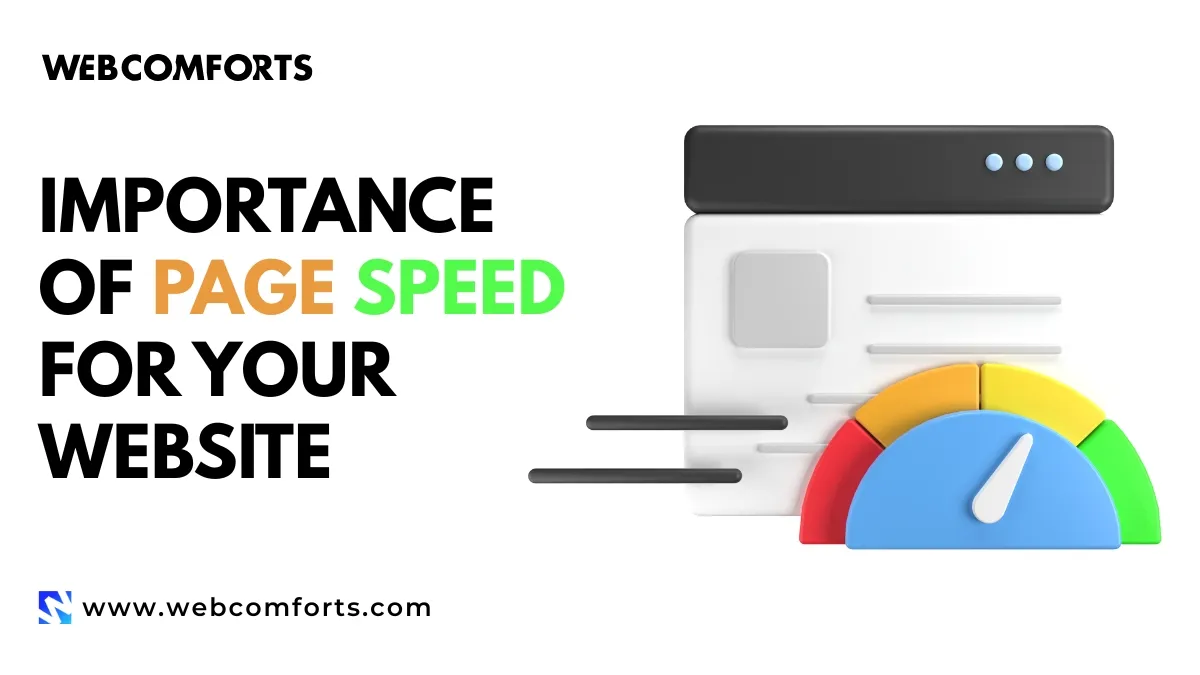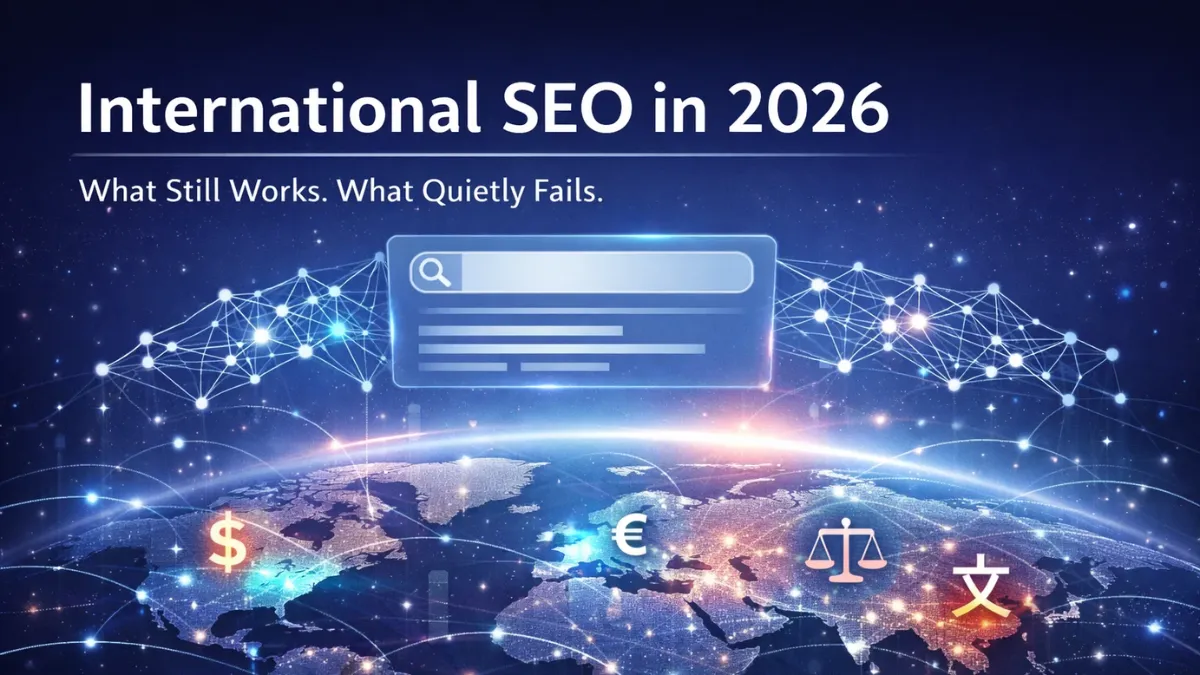Page speed is an essential part of a website's performance. The time a web page takes to load and display content to a user is known as page speed. In order to improve search engine rankings, engaging the page visitors and reducing the bouncing rates of a fast-loading website is crucial.
Below are some of key points that could be helpful in optimizing a web page speed.
File Sizes:
The assets used in a website have a big role in website loading speed. A website will load slowly if the size of assets used in it is not optimized or they are of large size, resulting in poor performance and bad user experience. Smaller file sizes take little time to load, therefor the images, CSS files, JS files, and other assets must be compressed and optimized.
Browser Cache:
Browser cache plays a vital role in loading a web page faster. Proper cache control headers must be set on the webserver to tell the browsers to cache static assets of the website so that the time a web page takes on loading is reduced because the browser will load the assets from the user cache.
HTTP Requests:
The more the number of HTTP requests the more it will take to load a web page. In order to load a web page faster there should be a minimal number of HTTP requests. HTTP requests can be reduced by combining multiple CSS & JS files to a single file and using CSS sprites for combining multiple images into a single file.
Using CDNs:
CDN usage can improve page load speed & reducing latency because CDNs deliver content to the users from servers nearer to their location. CDNs must be utilized to keep the static files of a website across multiple servers worldwide.
Code Optimization:
A well-written and optimized code has a great impact on page load speed. To optimize the code, you should remove unnecessary white spaces, comments, and code redundancies. Also, try to minify the code by removing unnecessary characters like line breaks and spaces.
Content Prioritization:
Most critical and visible content must be loaded first so that the visitors can start interacting with the webpage while the rest of the content loads in the background.
Redirects reduction:
Too many redirects increase the page load speed. To load a webpage faster the usage of redirects should be minimized. Using direct links to the target destination where possible is recommended.
Mobile Optimization:
A website must be fully responsive and mobile optimized to load faster on all devices. Mobile-friendly websites load faster and have a good user experience that increases the ranking of the website in search engines.
Page speed monitoring:
Website page speed should be monitored regularly with the help of different tools like Google PageSpeed Insights, GTmetrix, etc.






No comments yet. Be the first to post!